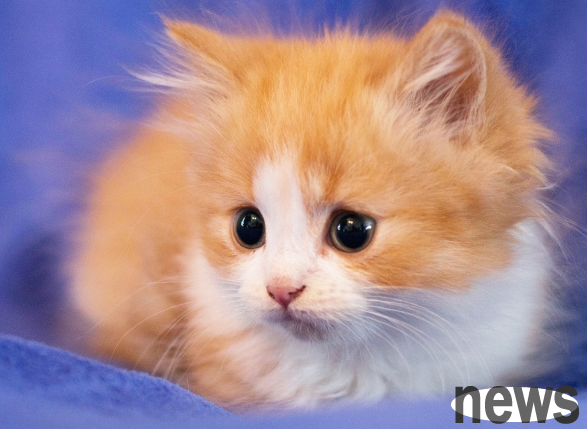Many stores display a lucky cat. Why is there such a thing as a lucky cat? So what we are going to tell you today is the story of a cat who cultivates immortality and eventually becomes a lucky cat! During the Tang Dynasty, Japanese envoys who came...
Many stores display a lucky cat. Why is there such a thing as a lucky cat? So what we are going to tell you today is the story of a cat who cultivates immortality and eventually becomes a lucky cat!
During the Tang Dynasty, Japanese envoys who came to study in China brought cats to Japan, and cats became the emperor's pets.
The emperor's exclusive pet status lasted until the Edo period, when cats were allowed to enter ordinary Japanese families. As the saying goes: "In the old days, cats in front of the king's palace jumped into the homes of ordinary people." Therefore, cats have a natural aristocratic status in Japan!

It is said that in Edo at that time (which is now Tokyo), there was a temple with few fireworks called Gotokuji Temple, and the host raised an always elegant white cat named Tama! Due to the scarcity of fireworks in the temple, it cannot be maintained, but the abbot still insists on never leaving "Jade".
One day, a rich man was hunting near the temple. The rich man suddenly discovered, hey! There was a white cat waving to him in the bush~
(Please imagine this picture by yourself!)
The rich man was more curious, so he followed "Yu" into the temple. As soon as he stepped into the temple door, he heard a thunder, and a big tree was struck, hitting the place where the rich man was hunting at that time. In order to repay " Thanks to the life-saving grace of "Jade", the local tycoon spent a huge sum of money to repair Gotoku Temple, and the temple finally came back to life. Since then, the incense has flourished~
"Jade" was named the "Lucky Cat" by the monks. The temple also built a new "Lucky Cat Hall" and enshrined "Jade" statues. These statues are the "Lucky Cats" we see today.
The current Gotokuji Temple is also known as the "Lucky Cat Shrine", which worships thousands of lucky cats. It is said that the "Lucky Cats" invited back here have stronger "lucky cat" abilities! Every spring, the beautiful cherry blossoms and cute lucky cats here attract a large number of cat lovers to come for pilgrimage~
The orthodox Japanese lucky cats are divided into male cats and female cats. The male cat raises his right hand, which symbolizes attracting wealth and bringing good luck. The female cat raises her left hand, which symbolizes good relationships and a large number of people.
Most of the cats displayed in Japanese stores are female cats, because the Japanese believe that popularity will lead to money. Chinese stores usually display male cats with their right hands raised. The story of the Lucky Cat is becoming more and more popular, and more and more people come to worship it. There is a saying in Japanese that "the gods and Buddhas are worshiped", which means that shrines and temples respectively enshrine the gods of their own beliefs, but cats are an exception. Both shrines and temples enshrine cats. The Japanese believe that cats can bring "wealth" and "love." The Japanese also set February 22 as "Cat Day" just because the sound of a cat's meow is very similar to the pronunciation of "2" in Japanese~
Whether cats like it or not, they have become immortals in Japan, and the cat with one hand raised has also entered the culture of many countries in a similar way to the "God of Wealth"~